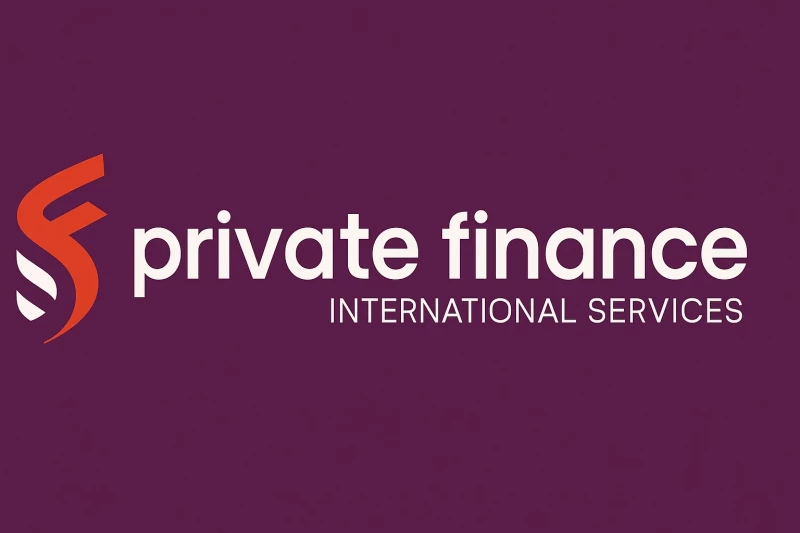Poland is quickly becoming a preferred EU hub for crypto companies. Obtaining a crypto license in Poland under MiCA provides legal certainty, EU-wide access, and strong compliance standards, making it an optimal choice for regulated market entry.
What you can do with a Polish crypto license
A Polish MiCA license authorizes companies to operate exchanges, provide custody services, offer OTC and payment solutions, and conduct cross-border transfers or token placements. This single authorization ensures full legal recognition and credibility across the EU, covering all core crypto activities.
Strategic benefits of licensing in Poland
Choosing Poland gives companies not just compliance, but a competitive edge in Europe. The jurisdiction balances cost efficiency with robust regulatory oversight.
- Regulatory clarity: Full MiCA alignment builds investor trust.
- EU market access: Passporting rights for all EU/EEA countries.
- Cost efficiency: Moderate licensing and operational costs.
- Business environment: Growing fintech sector and crypto-friendly banks.
- Security & compliance: Strong AML/KYC rules and IT standards.
Together, these factors make Poland a safe and cost-effective entry point for scaling crypto businesses across Europe.
How Poland compares to other jurisdictions
When choosing a licensing jurisdiction, Poland offers a balanced option — stricter than offshore hubs but more accessible than Germany, the UK, or Singapore.
While major markets like Germany, the UK, and Singapore provide strong credibility, they come with higher costs and heavier compliance. Offshore hubs are faster and cheaper but suffer from weak reputation and banking access. Poland combines affordability, MiCA compliance, and full EU market access, making it a practical and strategic choice.
Key requirements for a Poland crypto license
Applying for a license means proving readiness to operate under MiCA. The process is detailed, but manageable with the right preparation.
- Register a Polish company with a physical office.
- Maintain minimum capital (€125,000+ depending on activity).
- Appoint qualified directors and compliance officers.
- Implement AML/KYC and IT security systems.
- Submit a business plan, ownership structure, and pay fees.
With full documentation, the KNF review usually takes 3–6 months, after which the company can legally operate across the EU.
Taxation rules for licensed companies
Poland applies a clear, EU-aligned tax framework that supports long-term business stability. Corporate income tax is set at 19%, with a reduced 9% rate for startups, while VAT stands at 23% but many crypto services qualify for exemptions. Capital gains are treated as standard business income, and withholding taxes are minimized through EU rules and treaties. This structure gives crypto companies both legal certainty and competitive financial conditions.

Prifinance: Your partner for EU licensing
Prifinance provides full-cycle support for obtaining a crypto license in Poland — from company incorporation and compliance preparation to communication with KNF. With our proven expertise in EU jurisdictions, we ensure a fast, secure, and effective market entry for your crypto business. To explore how our team can help with licensing in Poland and other countries, visit https://prifinance.com/en/cryptocurrency-license/.
 Editorial staff
Editorial staff

 Editorial staff
Editorial staff


